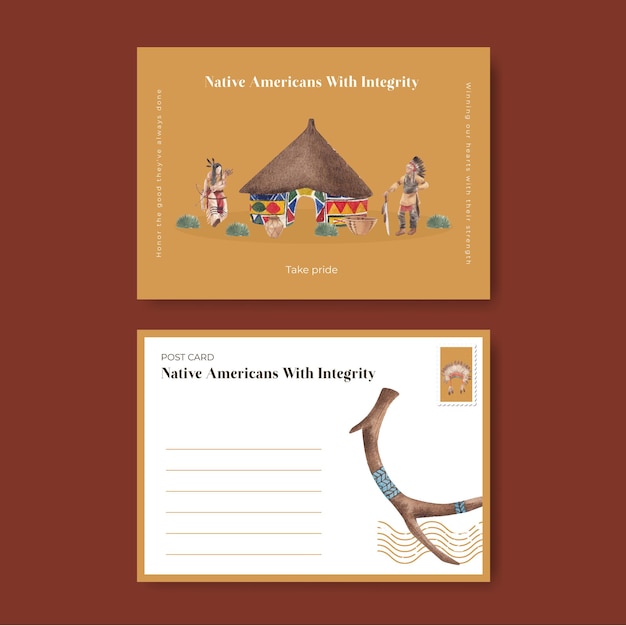Cheyenne Tribe – Fascinating Facts and History

The Cheyenne tribe is known for their rich cultural heritage.
The Cheyenne people are descendants of the Native American Plains Indians.
The Cheyenne tribe has a deep connection to their ancestral lands in Wyoming, Montana, and Oklahoma.
The Cheyenne language is still spoken by some members of the tribe today.
The Cheyenne tribe has a long history of buffalo hunting.
Cheyenne warriors were highly skilled and feared in battle.
The Cheyenne tribe participated in the Battle of the Little Bighorn against General Custer.
The Cheyenne tribe has a strong sense of community and family bonds.
Cheyenne tribal members often participate in traditional ceremonies and dances.
The Cheyenne tribe endured hardships and forced relocations during westward expansion.
Cheyenne culture revolves around respect for the earth and all living beings.
The Cheyenne tribe has a rich oral storytelling tradition.
The Cheyenne tribe played a significant role in the fur trade in the 19th century.
The Cheyenne people were expert horse breeders and riders.
Cheyenne women were highly skilled in creating intricate beadwork.
The Cheyenne tribe had a complex social and political structure.
The Cheyenne tribe believed in a spiritual connection with the natural world.
The Cheyenne people have a strong connection to their warrior heritage.
The Cheyenne tribe has faced challenges in preserving their traditional way of life.
Cheyenne Tribe – Fascinating Facts and History part 2
Cheyenne tribal leaders are highly respected and play a vital role in decision-making.
The Cheyenne people have a unique style of art, often depicting scenes from nature.
The Cheyenne tribe has a traditional form of government called the Council of Forty-Four.
Cheyenne tribes were historically nomadic, moving with the buffalo herds.
The Cheyenne people have a strong belief in the importance of dreams and visions.
The Cheyenne tribe has a rich history of trading and interacting with neighboring tribes.
Cheyenne warriors were known for their distinctive war paint and war bonnets.
The Cheyenne language is part of the Algonquian language family.
The Cheyenne tribe has a sacred medicine bundle containing important ceremonial objects.
Cheyenne tribal members often participate in powwows and cultural events to celebrate their heritage.
The Cheyenne people believe in the importance of maintaining harmony with the natural world.
The Cheyenne tribe has a strong belief in the power of prayers and spiritual rituals.
Cheyenne women had significant roles in tribal governance and decision-making.
The Cheyenne tribe has a traditional drumming and singing tradition called wolowitoy.
The Cheyenne people have faced challenges in reclaiming their ancestral lands and cultural artifacts.
Cheyenne tribal members excel in traditional crafts such as pottery and basket weaving.
The Cheyenne tribe has a rich tradition of storytelling and passing down oral histories.
Cheyenne warriors had a deep spiritual connection to their war horses.
The Cheyenne tribe has a strong sense of honor and respect for their elders.
The Cheyenne people have a traditional belief in the interconnectedness of all living beings.
Cheyenne tribal members often wear traditional clothing for ceremonial events.
The Cheyenne tribe has a rich tradition of pipe ceremonies and tribal councils.
Cheyenne medicine men play a vital role in healing and spiritual guidance.
The Cheyenne people have a unique style of horse regalia, often adorned with intricate beadwork.
Cheyenne tribal members often participate in rodeos and horse racing events.
The Cheyenne tribe has a strong determination to preserve and revitalize their cultural traditions.